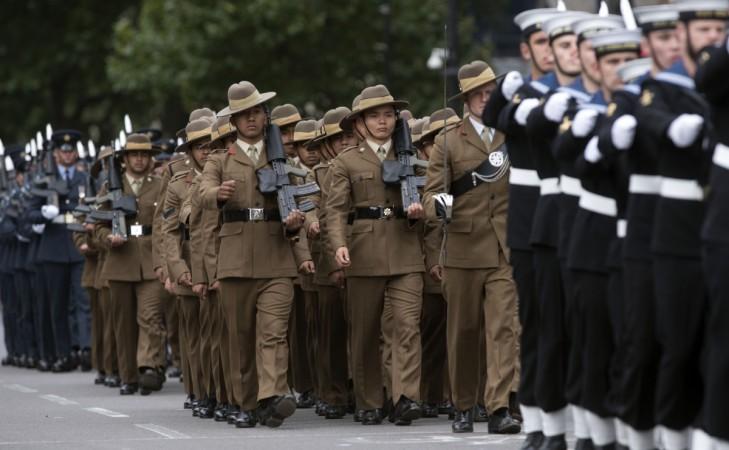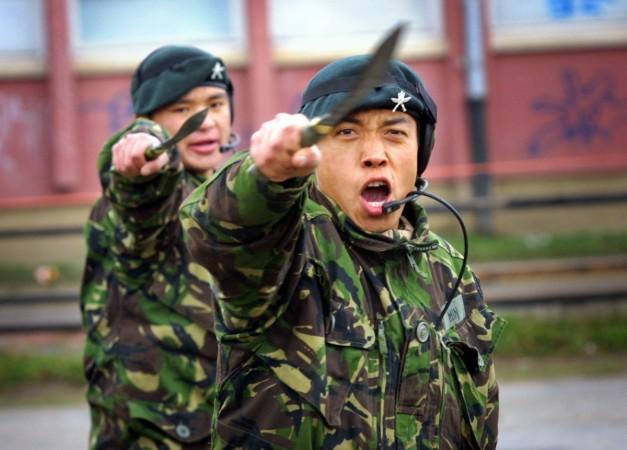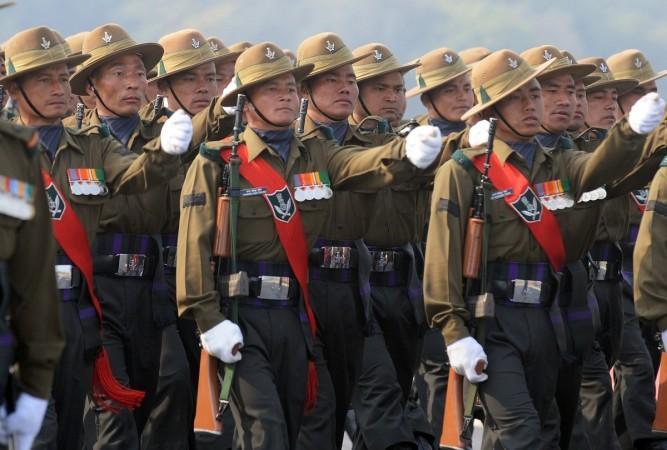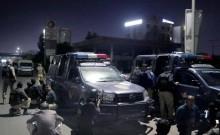
In a move that is likely to garner appreciation from people world over, Nepalese women are set to join the British Army's Royal Gurkha Rifles soon. This is being seen as a major break from tradition as the British Army is known to hire only men for the Royal Gurkha Rifles regiment.
The first batch of women will be inducted into the regiment in the year 2020 and for this, candidates will be recruited through a rigorous drive in Pokhara, Nepal, next year. The tests will reportedly evaluate the mental, as well as, the physical capabilities of the candidates and women will have to take up challenges such as racing five km uphill carrying 25 kg of sand in a wicker basket.
The chosen candidates will then be flown to Catterick in North Yorkshire, where they will undergo a training for 10 weeks.
Speaking about the British Army's decision to recruit women, UK defence secretary Gavin Williamson told the Press Trust of India: "The Gurkhas are renowned as one of the best fighting forces in the world with a proud history of serving Her Majesty (Queen Elizabeth II), and it is right that women have the opportunity to serve in this elite group."
Lt Gen Nick Pope, deputy chief of the general staff and colonel commandant for the Brigade of Gurkhas, also explained that these plans were in tune with the British government's decision to "open all ground close combat roles to women" from 2016.
"There is a long tradition of Gurkhas and Commonwealth citizens serving in the British Army and we continue to value their significant contribution to protecting the UK at home and abroad," he said.
Meanwhile, the possibility of Gurkha women joining the regiment has been discussed earlier as well. "Our experience in Afghanistan has highlighted the increasingly important contribution women are making to operations" the Daily Star had quoted general Sir Peter Wall, head of the British Army as saying.
However, many had argued that this was not a feasible option. Former soldier Sukbah Gurang, from Aldershot, Hants, had told the Daily Star that this was not something that people would readily accept.
"The men will not accept it. A woman's place is in the home. A Gurkha cannot fight with women – it is wrong, they'll never be accepted," he had said.
The Royal Gurkha Rifles
The rifle regiment has been a part of the British Army since 1815 when they were first recruited during the Anglo-Nepal War. The soldiers are recruited from Nepal, which is neither a dependent territory of the UK nor a Commonwealth member.

The regiment's motto is "Kaayar Hunnu Bhanda Marnu Ramro," which translates to "Better to die than to be a coward," and the soldiers are known to be the bravest of the brave.
Duke of Sussex Prince Harry is known to have served with the first battalion of the RGR in Afghanistan between 2007 and 2008 and had said: "When you know you're with the Gurkhas, there's no safer place to be".
The RGR has about 3,000 soldiers at present and the soldiers continue to carry into battle their traditional weapon - a 46-cm long curved knife, known as the "khukri."
The Indian Gorkha Regiment
The Indian Army too has a Gorkha Regiment and have served the nation since independence in 1947. The soldiers are mostly ethnic Nepali Gurkhas of Nepal and ethnic Nepalese origin people who known as Indian Gorkha.

The Gorkha soldiers are known to be extremely gallant and have won several gallantry awards. The regiment has played a crucial role during several wars and the German Afrikakorps are said to have honoured the brave Nepalese knife khukri-wielding Gorkhas.
As Field Marshal Sam Manekshaw put it – "If a man says he is not afraid of dying, he is either lying or is a Gurkha."
















